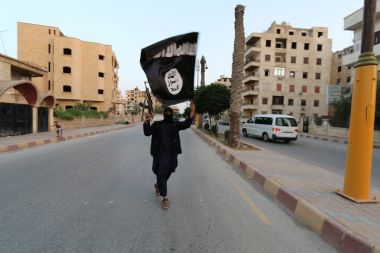Are ISIS atrocities 'genocide'? Why the word matters
Next week the House of Commons will debate whether to recognise ISIS atrocities against Christians, Yazidis and other minorities as 'genocide'.
The European Parliament and the US administration have already taken this step. But little has changed. Reports continue to emerge of crucifixions, beheadings, rapes and slavery against a number of religious minorities, and many Muslims.

So what is the significance of using the term genocide? Why does David Cameron appear to be so unwilling to join his allies in the White House?
Lord Alton of Liverpool, the Catholic peer who has led the parliament campaign to adopt the word genocide, told Christian Today the reluctance surrounds the legal implications that follow such a declaration.
"This is not just about words. There are legal obligations," he said.
As a signatory to the 'convention on the prevention and punishment of the crime of genocide (CPPCG)', Britain is required to prevent and punish genocide whenever it is declared.
"This is why states are hesitant and reticent to name genocide," Lord Alton said.
"If you look back at Rwanda [genocide in 1994], the world did not get around to naming it as genocide until over one million people had died.
"We have already repeated our mistakes with this crisis but must not delay further. This is why the European Parliament and US House of Representatives have all unanimously named it genocide."
The peer told Christian Today he expected a "change in approach" from Britain if it were to make such a declaration. He said this should come "not least in how we treat those victims of genocide who have fled to our country for asylum".
Until now the government's response has been that this is a matter for the "international judicial system rather than legislatures, governments or other non-judicial bodies". In essence they seem to be saying it is not a matter for politicians.
On the face of it this does not seem unreasonable.
However once you examine the mechanics of how these matters work it is absurd.
The International Criminal Court (ICC) who would prosecute war criminals and perpetrators of genocide, cannot act in Syria or Iraq unless it receives instructions from the UN Security Council. Indeed a year ago the ICC said it "stands ready" to investigate but needs a referral from the council.
The UK is one of five permanent members of the UN Security Council. As such it is in a position to exert significant influence for an investigation.
Alton continued: "It is vitally important to pursuade the government to honour our commitment as signatories of the convention.
"No one who has heard of the atrocities committed could deny genocide has taken place.
"Words matter. And so do deeds."











